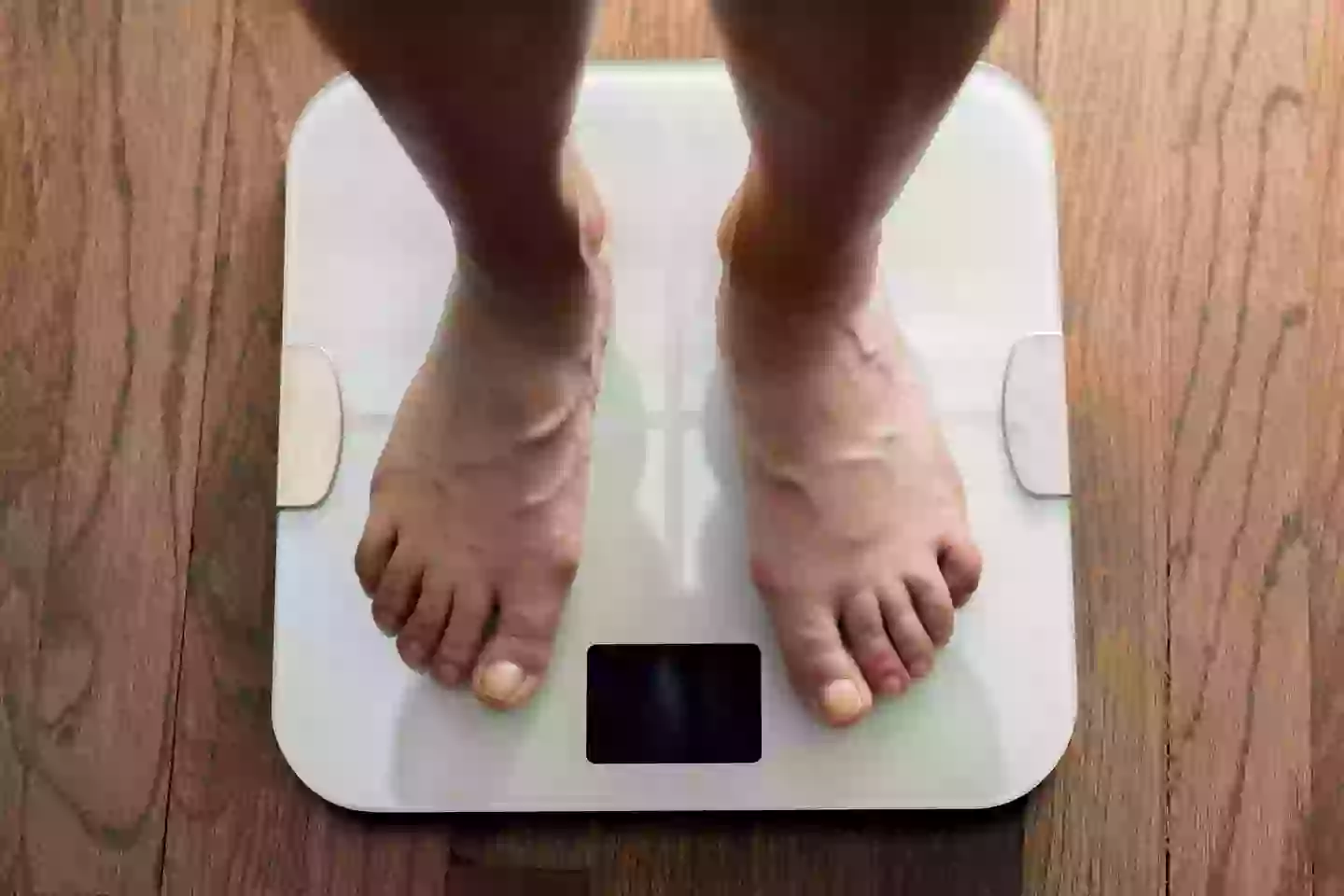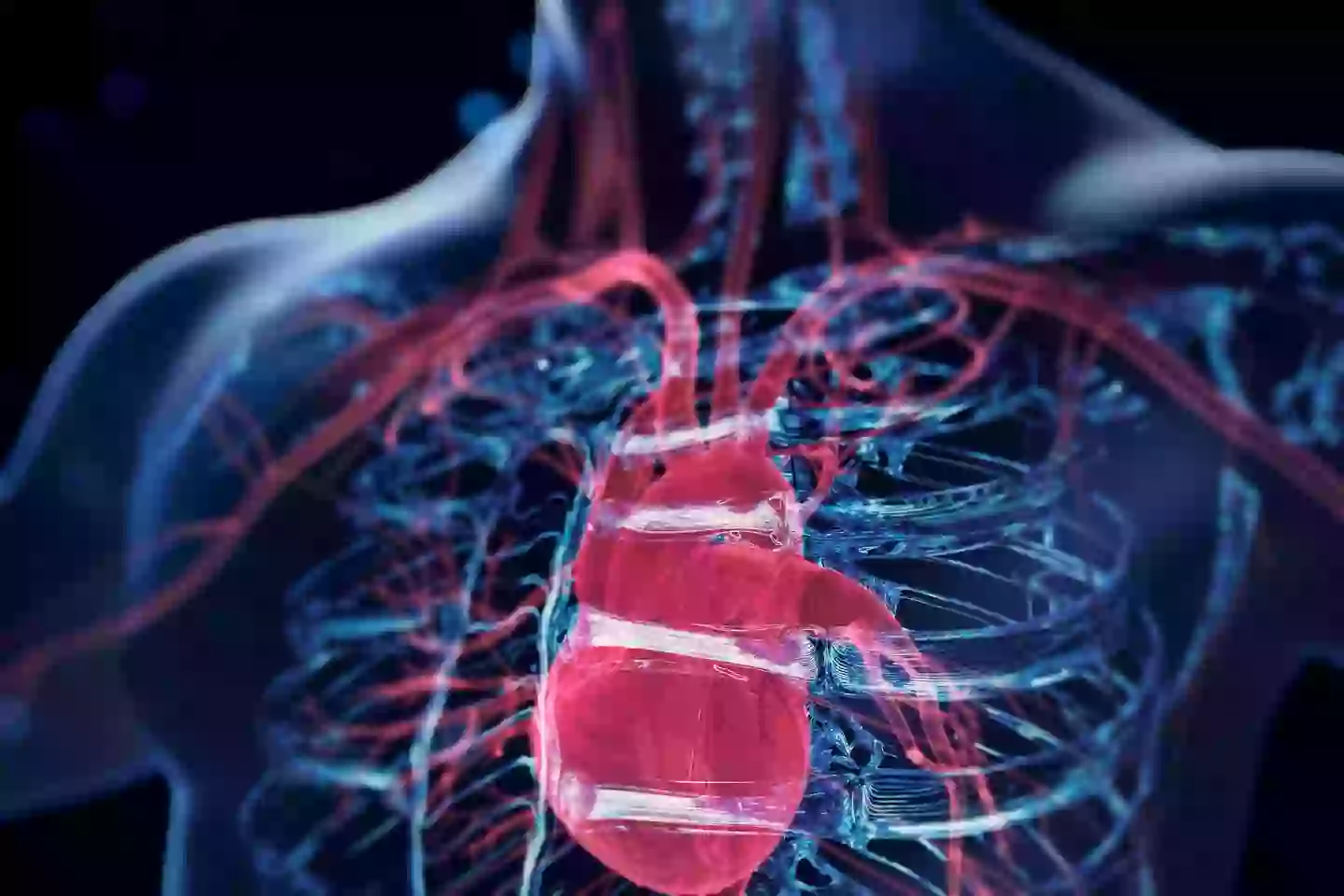
Dry January will once again be one of the most popular wellbeing movements at the start of 2025 — but do you know the effect ditching alcohol has on the body?
This annual alcohol-abstaining challenge sees drinkers pledge to cut booze for the entirety of the 31-day month.
Participants may choose to join in for a bunch of different reasons; some people may be hoping to improve their health, others may simply want a better night's sleep, or a change in their dietary habits.
Advert
Dry January might mark the start of a permanent shift away from drinking alcohol, or a temporary detox.

However there has been a cultural shift towards non-alcoholic beverages, particularly among young adults. Research has also shown younger people are turning down booze, and not just during the first month of the year.
Some of these Gen Z drinkers opt for low or no-alcohol alternatives instead, as a 2024 study for Portman Group which was carried out by YouGov found, people aged 18 to 24 were the most sober overall, with 39 percent not drinking any alcohol.
Advert
So, what are the benefits of Dry January? Tyla spoke with Dr. Dave Barker, addiction specialist at Gladstones Clinic to find out.
“Even just a month without alcohol can reset your body and mind in incredible ways.
“The long-term benefits go far beyond January, often leading to healthier habits that last well into the year.”
Here are 13 effects of Dry January on your body and mind according to the expert:
Improved sleep quality
We could all do with a better sleep pattern, and quitting alcohol even for just a month could help with this.
Advert
Alcohol disrupts your sleep cycle, particularly the REM stage, which is essential for feeling rested.
Many participants in Dry January report falling asleep faster, sleeping more soundly and waking up feeling refreshed.

Clearer skin
Drinking a lot of alcohol can impact the skin's appearance. Alcohol dehydrates the body, which can lead to dull, tired-looking skin and breakouts. Taking a break allows your skin to retain moisture and reduce inflammation, leading to a healthier glow.
Better mental clarity and focus
As alcohol leaves your system, you’ll likely notice improved cognitive function, sharper focus and enhanced productivity—particularly as the mental fog from regular drinking lifts.
Better weight management
Alcohol is calorie-dense, and cutting it out can significantly reduce your daily calorie intake.
Advert
Additionally, skipping late-night snacking that often accompanies drinking can aid in weight management.

Boosted energy levels
Drinking alcohol can zap your energy, leaving you sluggish. By abstaining, many people report increased vitality and better stamina throughout the day.
Lower blood pressure
Reducing alcohol consumption can lower blood pressure, which decreases the risk of heart disease and stroke over time.
Advert
Even a month off can show measurable improvements in cardiovascular health.

Improved liver health
The liver has a remarkable ability to heal itself. A month off alcohol can reduce liver fat and inflammation, helping it function more efficiently.
Strengthened immune system
Excessive alcohol weakens the immune system, making you more prone to colds and illnesses. Taking a break helps your body fight off infections more effectively.
Better hydration
Alcohol is a diuretic, which means it increases urination and can lead to dehydration. Skipping it means your body retains water more effectively, improving hydration for overall health.

Reduced anxiety and mood swings
Alcohol can contribute to feelings of anxiety and depression, both in the moment and the day after drinking.
Cutting it out can stabilise your mood, reduce irritability and improve your overall mental health.
Saved money
There are benefits that could help you save some cash during the month. Though not a direct health effect, the financial benefit of not spending money on alcohol can reduce stress, providing peace of mind and better mental well-being.

Enhanced relationships and social connections
Dry January may also help you in social settings. A clearer mind and more energy can lead to better communication, more meaningful connections and a focus on activities that don’t revolve around alcohol.
Sense of achievement
And after completing the challenge you'll have a lovely confidence boost! Plus, a sense of control over your habits, inspiring further positive changes in your life.
Topics: Food and Drink, Mental Health, Health
